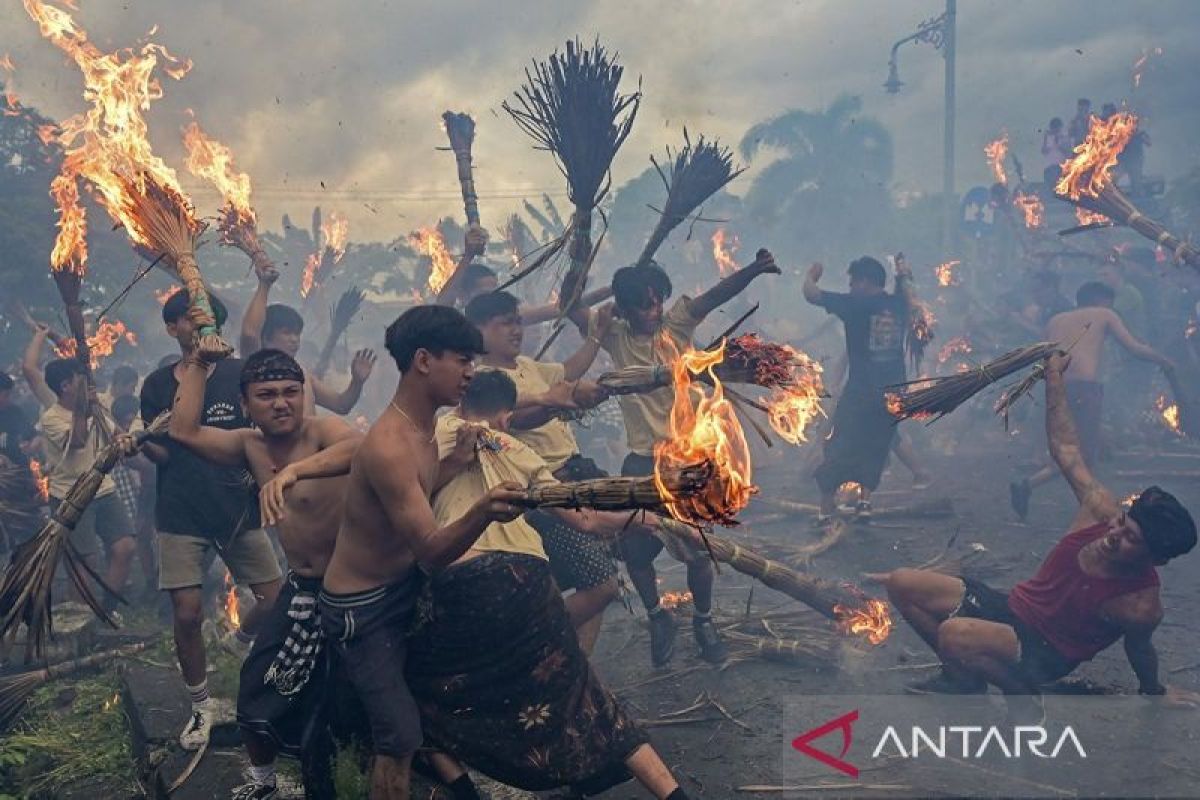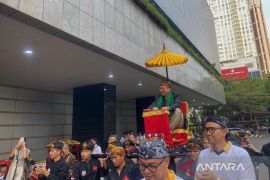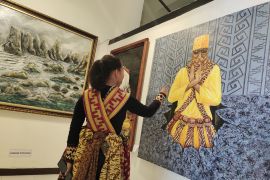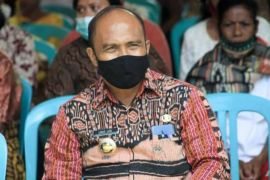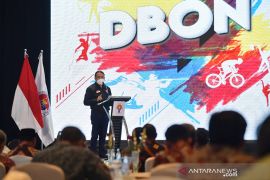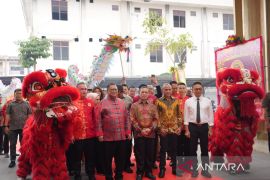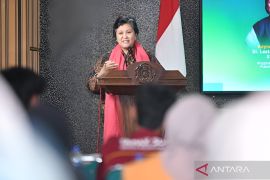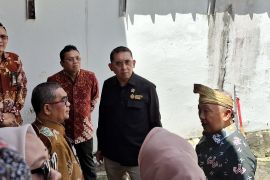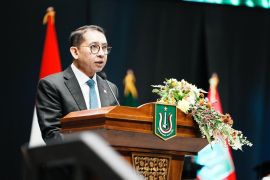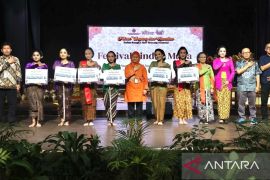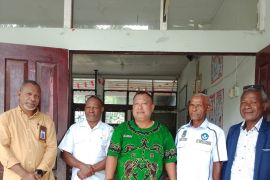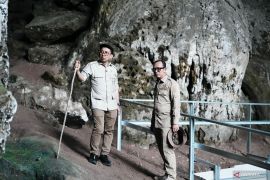Amidst the bustling tourist destinations of Lombok Island, a diverse group of individuals gathered at the West Nusa Tenggara State Museum to discuss the future of their culture.
The event, held on August 2, aimed to address the challenges and opportunities facing local traditions in the face of globalization and modernization.
Ahmad Nuralam, the museum's head, emphasized the importance of preserving local culture as a defense against foreign cultural influences. He warned that powerful nations often use culture as a tool for infiltration or a new form of colonization.
The younger generation, while eager to explore new cultures, may inadvertently neglect their own traditions. Nuralam stressed the need for a balanced approach, ensuring that local culture remains a vital part of their identity.
Culture as an asset
Indonesia is a country rich in culture. The Ministry of Education, Culture, Research, and Technology has recorded 1,941 intangible cultural heritages from 8,065 cultural works.
Indonesia also has 2,161 indigenous communities, with most located in Kalimantan (750), Sulawesi (649), and Sumatra (349).
The Regional Secretary of West Nusa Tenggara, Lalu Gita Ariadi, stated that culture is a legacy from ancestors passed down to the next generation, ensuring sustainable cultural continuation.
West Nusa Tenggara comprises two large islands and three indigenous tribes, which are rich in cultural diversity, ranging from language and art to crafts passed down through generations.
Culture is a legacy of the past, serving as a starting point for humanity to build a better future.
In the next 20 years, West Nusa Tenggara is projected to face various complex challenges posed by technological advancements, climate change, and socio-economic dynamics, among others.
Hence, local culture is essential in reflecting self-identity and national identity, as well as serving as a guideline for navigating the future.
The West Nusa Tenggara government views the region as rich in culture and natural resources amid challenges and opportunities in the coming decades.
Therefore, the local government continues to preserve and enhance local wisdom.
In the projection for the next two decades, the focus of development must be on preserving and strengthening local wisdom as a cornerstone of community identity.
The region has several existing cultural heritages, such as the Sasak, Samawa, and Bajo traditions. Meanwhile, programs supporting the documentation, research, and education of local culture need to be socialized within the community.
Through these programs, the government ensures that future generations continue to understand and appreciate their cultural heritage.
According to data from Statistics Indonesia, the population of West Nusa Tenggara reached 5.56 million in 2023, with an average growth rate of 1.6 percent per year. The population density was recorded at 283 people per square kilometer.
The West Nusa Tenggara government also acknowledges the importance of culture-based tourism. Nowadays, tourism development does not only highlight natural beauty but also cultural richness.
Cultural attractions combined with natural beauty are expected to attract more domestic and foreign tourists. This potential also offers economic advantages for residents, improves their welfare, and strengthens the regional economy.
Technology can be an effective tool in preserving and promoting culture. Using digital platforms to document West Nusa Tenggara's culture can reach a wider audience and ensure the local culture is not forgotten.
Culture is an invaluable asset that must continue to be maintained with care and dedication.
Support for local arts, cultural festivals, and arts and culture education in schools plays an important role in shaping the creativity of young people.
In November 2021, the West Nusa Tenggara Education and Culture Office launched the Saturday Culture Program to introduce and maintain local culture.
The program aims to instill Sasak cultural values from an early age in students. The activities include various traditional games, Sasak-language stories, and other efforts to introduce students to local culture.
Form of responsibility
Chancellor of Nahdlatul Ulama University of West Nusa Tenggara, Baiq Mulianah, stated that understanding and applying cultural values are essential to improving the quality of human life and fostering a sense of responsibility toward the environment.
Culture lies in the fundamental values that regulate relationships with God, fellow humans, and all living creatures.
Cultural identity must be strengthened in the next 20 years to prevent the region from becoming a market for foreign cultures. Instead, it should become a source of cultural influence for other communities.
Mataram State University sociologist Saleh Ending noted that local culture is slowly starting to disappear from people's lives.
On Sumbawa Island, for example, the local community rarely uses the mother tongue. Children and parents often interact with each other in Indonesian. This phenomenon could endanger the survival of the mother tongue in the future.
Preserving culture is essential to sustaining native cultural practices, including the development of culture in the context of preserving life.
Museums play a crucial role in pioneering efforts to preserve local cultural values in society. Museums are not only repositories of objects of historical value but also act as keepers of the past, offering a gateway for people to connect with previous generations and learn about their ability to adapt to various changes.
Furthermore, 20 years is a short time to prepare all the tools needed to protect local culture from external influences that could potentially disrupt the order of civilization.
This is because culture is not merely art; it encompasses all aspects of life and movement.
Related news: Aligning "Bau Nyale" tradition with Mandalika SEZ development
Related news: West Lombok opens new speedboat route to draw tourists
Translator: Sugiharto Purnama, Resinta Sulistiyandari
Editor: Anton Santoso
Copyright © ANTARA 2024
